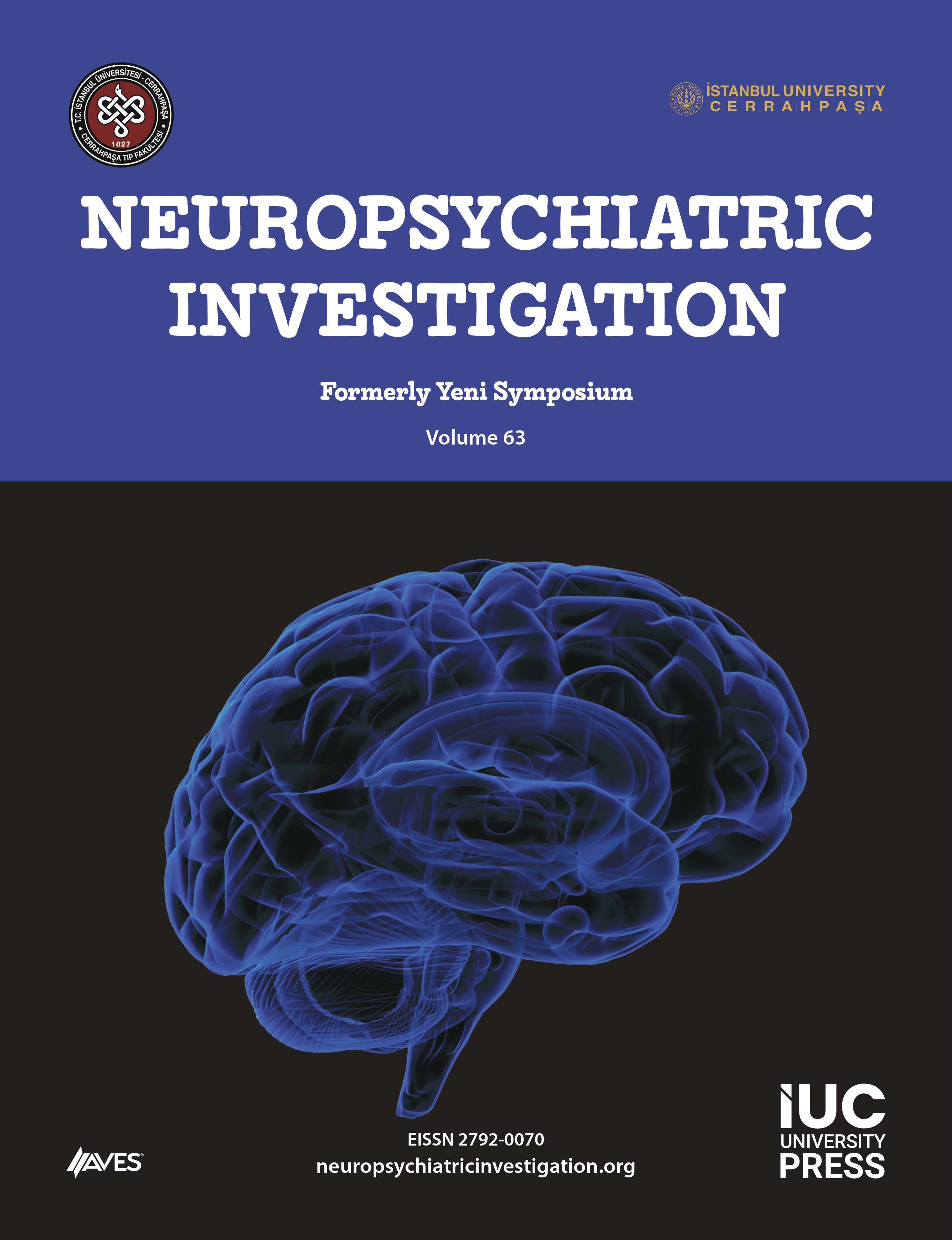Objective: Premenstrual dysphoric disorder is a condition characterized by psychological and somatic symptoms that manifest during the luteal phase of menstruation and disappear after menstrual bleeding. Personality traits have specific roles in several psychiatric and psychosomatic disorders, as well as in selfperceived health. The present study aimed to explore the associations between personality traits and the severity of premenstrual dysphoric disorder.
Methods: Among 148 women newly diagnosed with premenstrual dysphoric disorder, 96 were included in the study. The patients were evaluated using the Premenstrual Symptoms Screening Tool, Premenstrual Symptoms Impact Survey, and Basic Personality Traits Inventory.
Results: The regression model showed a significant association between Premenstrual Symptoms Screening Tool and neuroticism (B = 3.04, CI = 1.86-4.22, P < .001). It was also revealed that there was a significant association between Premenstrual Symptoms Impact Survey and neuroticism (B = 9.87, CI= 5.84-12.99, P < .001).
Conclusion: The present study is the first to demonstrate the effects of neuroticism on premenstrual dysphoric disorder using reliable scales. A neurotic temperament can be considered as a predictor for worse symptomatology in premenstrual dysphoric disorder. Further studies are warranted to confirm our results.
Cite this article as: Aksu E, Beyazyüz E. Effects of personality traits on clinical outcomes of premenstrual dysphoric disorder. Neuropsychiatr Invest. 2022;60(1):28-31.




.png)